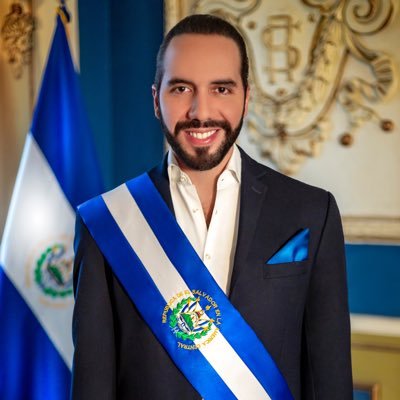SAN SALVADOR, (Reuters) – El Salvador’s Supreme Court said yesterday it has ordered the immediate suspension of the state of emergency declared due to the coronavirus pandemic by President Nayib Bukele, who has faced criticism of showing authoritarian tendencies and exceeding his powers.
Bukele ordered the state of emergency on Saturday, when previous orders were set to expire, without congressional approval.
The renewal would have kept the emergency declaration in force for the next 30 days, extending strict lockdown measures such as school suspensions and a ban on movement in certain areas with high numbers of infections.
Bukele’s administration has maintained that a civil protection law authorizes the president to declare a state of emergency if Congress cannot hold a session.
Officials also contend that the risk of the coronavirus spreading further in El Salvador justifies the measures. The country has 1,338 confirmed cases of infection and 30 known coronavirus-related deaths.
The Supreme Court said in its order that the decision was temporary pending a more extensive review.
Bukele called the Supreme Court decision an “unprecedented act,” saying in a tweet that his authority to issue the decree was one “all the presidents of El Salvador have had and used in times of emergency.”










